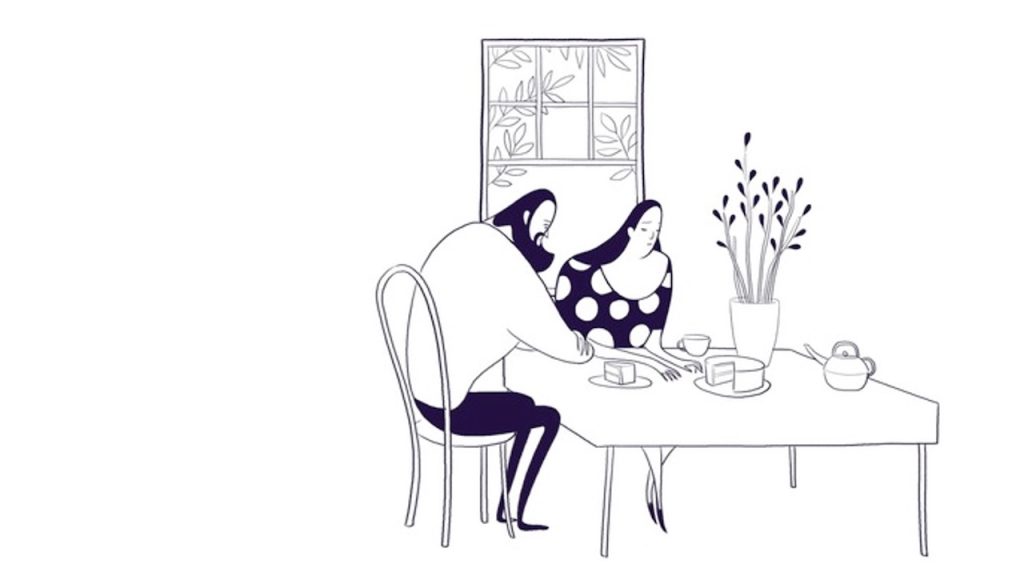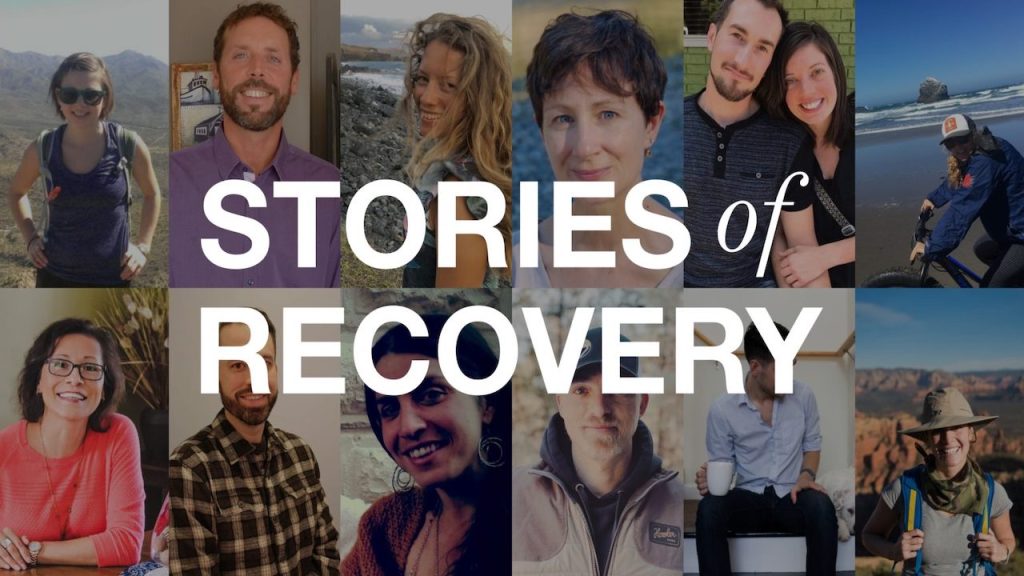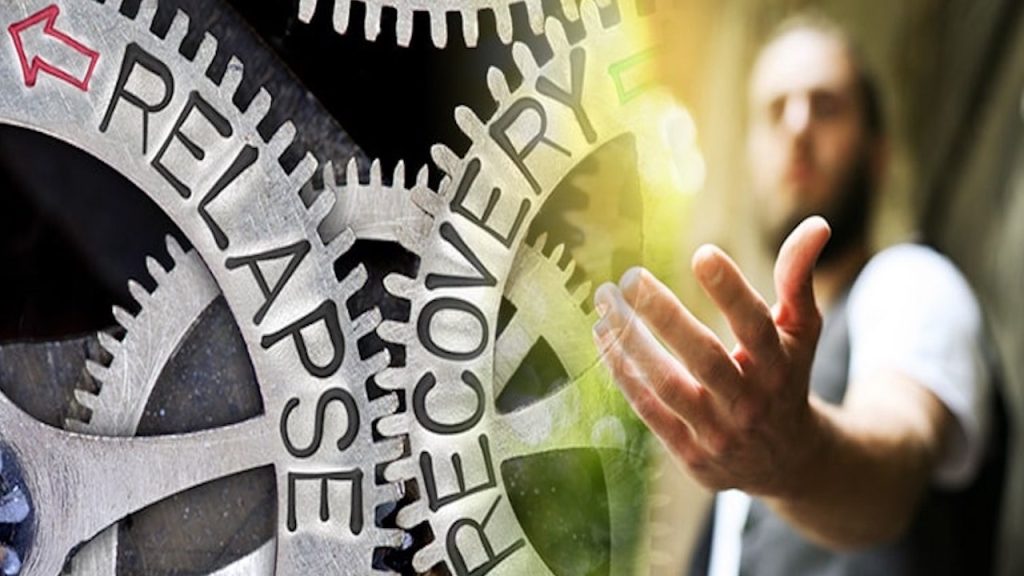My Son’s Drug is Meth

She doesn’t know what to do when her loved one goes missing for days – even weeks – at a time, using meth. Though he doesn’t answer her texts when he’s gone, she knows from past conversations that he is struggling and wants some help. What kind of shifts could serve to build their connections so she can get him the help he needs?
*This post originally appeared on our Member Site blog, where experts respond to members’ questions and concerns. To take advantage of our current special offer and get full access to the Allies in Recovery eLearning program for families, click here.
“My son never thought he would go to prison. But stayed clean the 13 months he was there. He read his Bible, memorized scripture, prayed, went to classes. When he got out he had to do treatment 3 times a week and over 6 months. He often came home and shared. He got involved with the church, met a girl and thought she was the one. Then he told her parents (who all supported him) about his past and 10 weeks later, she broke up with him. He was devastated. While he stayed strong for awhile, we started to see a change.
He kept saying he was not using, He then stayed away for 6 weeks. I would contact him via text. Send him things…no response. I would ask if he was ok and once a week he would say he was. He finally came home, sick with a cold, and shared everything. He did say he needed a counselor, but only drank and not often so he did not need treatment. I asked if I could help find a counselor and he agreed. 3 days later I shared what I found but he would not answer. Then he left and it has been a week. I have been sending him messages but get no response. Not sure if I should have done anything differently. Also when he is using meth, I often cannot tell. Is that unusual?”
Dominique Simon-Levine responds to this worried mother
Methamphetamine is a very difficult drug to stop. Your son has made real efforts. Going to prison forced him to abstain for 13 months. Since coming home things have been sketchy. Your account reminds me so much of Beautiful Boy, by David Sheff. The book is a father’s story of his own journey through his son Nic’s meth addiction.
Meth users binge. They use for days, so they disappear for days. The drug is the most problematic in that it takes a very long time for the mind and body to recover from it – longer than any other drug.
The treatments are limited. Like cocaine, treatments focus on incentives for abstinence: https://www.drugabuse.gov/publications/research-reports/methamphetamine/what-treatments-are-effective-methamphetamine-abusers
Be prepared with treatment options
Our suggestion is to look for long term residential treatment (6-9 months minimum). Make this your message when the opportunity arises. Be prepared to repeat this message over a period of time, with calmness and compassion. Sort of like planting a seed – plant the idea and know that the more you repeat the message, the more the idea will have time to take root and grow.
Since your son is religious, perhaps a religious retreat? Even if that sounds unusual, the drug is that incredibly difficult to overcome. Though it can be challenging to find treatment, don’t let that stop you. Just know that you might need to think outside the box. Perhaps a monastery could be a safe and healing place for him to land? When your son first was released from prison he was involved in treatment and church. This slipped away… but he still has that as a reference. This is very helpful. After 9 months he can come back to this set-up and will be more likely to remain abstinent. The prison gave him a head start. A retreat will do the same – in a much more comfortable setting than prison, fortunately! This will be a significant opportunity to bring him further along the path to recovery.
And keep up the CRAFT
Use CRAFT to move him towards the treatment. Make sure to familiarize yourself with the Learning Modules (available on our member site) to help guide you in your day-to-day experience. This includes your communications with him, and the way you tend to yourself when he is not around. Think about this as cleaning up your side of things – especially in your communications – to create the environment that is most supportive of his getting treatment. Through your daily actions, you are shining a light on a path for him to take.
We encourage you to make full use of the Allies in Recovery community: the discussion blogs, the resources and the support of the other family members on this site. Dive into the stories, the insights shared, the books recommended. We all have so much to learn from each other here.
Your son’s interest in religion and the bible, and his willingness to talk to you are all very good signs. It’s encouraging to have this as a foundation – for both of you. When your son is binging, he will be absent. He will come home, very depressed as he withdraws, and will sleep it off. I’m not sure whether he can use and look otherwise normal… I doubt it. If you haven’t already checked it out, you may find it helpful to look at the Signs and Symptoms of Drug Use in our Resource Supplement. There is a category here for methamphetamine/ stimulants in general. Are there others on this site who can speak to this?
A membership at Allies in Recovery brings you into contact with experts in the fields of recovery and treatment for drug and alcohol issues. Our learning platform introduces you to CRAFT and guides you through the best techniques for unblocking the situation. Together we will move your loved one towards recovery. Learn more here.











